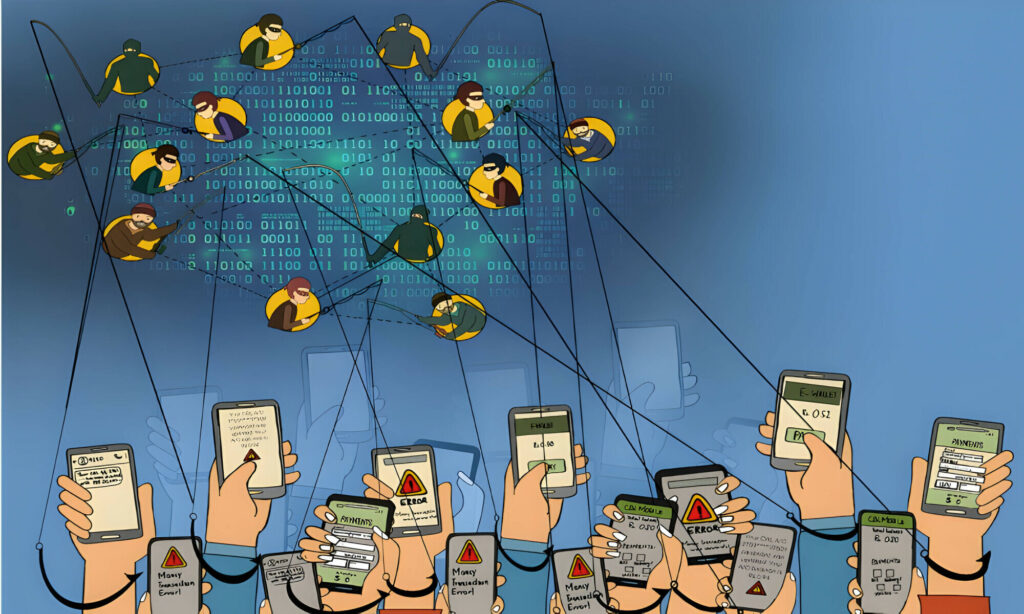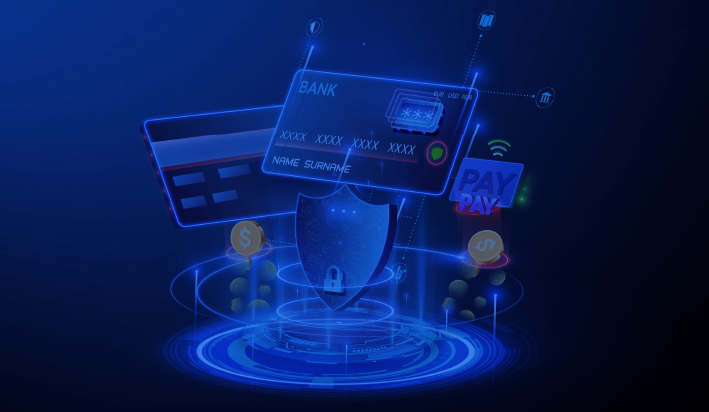The Key Features of Kerberos Darknet that Ensure Maximum Security Online
Kerberos darknet is a secure, decentralized, and anonymous network designed to provide users with enhanced privacy and protection when navigating the internet. Unlike traditional networks, which are vulnerable to surveillance and hacking, Kerberos darknet prioritizes privacy by employing several advanced technologies that ensure maximum security online. These features work together to safeguard users’ data, prevent tracking, and shield against malicious activities, making it a vital tool for individuals and organizations seeking to maintain their online confidentiality. One of the core features of Kerberos darknet is its robust encryption protocols. The platform uses multi-layer encryption to ensure that all communication within the network is unreadable to anyone who might try to intercept it. End-to-end encryption ensures that even if data packets are intercepted during transmission, they cannot be deciphered without the appropriate decryption key. This level of security ensures that sensitive information, such as personal details or financial transactions, remains private, effectively protecting users from eavesdropping or man-in-the-middle attacks.
Another significant aspect of Kerberos darknet’s security is its decentralized architecture. Unlike centralized networks, which rely on a central authority or server, Kerberos darknet operates through a distributed network of nodes, with no single point of failure. This decentralization means that there is no central database or server where data can be stored or targeted by hackers. Even if one or more nodes are compromised, the overall integrity and security of the network remain intact, making it far more resistant to cyberattacks. Anonymity is also a key feature of Kerberos darknet, and it is achieved through various mechanisms such as IP masking and the use of pseudonymous identifiers. When a user connects to the darknet, their IP address is obscured, and their online activity is masked by layers of encryption. This ensures that no one can trace their online activities back to their real-world identity. Furthermore, the system allows users to interact with websites and services without revealing their true identity, further enhancing their privacy. The use of advanced authentication methods is another distinguishing characteristic of Kerberos darknet.
Through a combination of public-key cryptography and multi-factor authentication, Kerberos ensures that only authorized users can access certain parts of the network. This process helps protect users from phishing attacks and unauthorized access, as the system requires multiple forms of verification before granting access to sensitive information or resources. Additionally, Kerberos darknet market employs sophisticated traffic obfuscation techniques to prevent traffic analysis. By disguising the nature and origin of the data packets, it becomes extremely difficult for adversaries to determine what is being transmitted or identify who is sending the data. This feature is especially important in regions with heavy internet censorship or surveillance, as it allows users to access information freely without fear of detection or retaliation. Kerberos darknet offers a powerful combination of encryption, decentralization, anonymity, and advanced authentication mechanisms to ensure the highest levels of security online. By leveraging these features, users can confidently navigate the digital landscape without the constant threat of surveillance or cyberattacks, making it an essential tool for anyone seeking to protect their privacy in today’s increasingly interconnected world.








